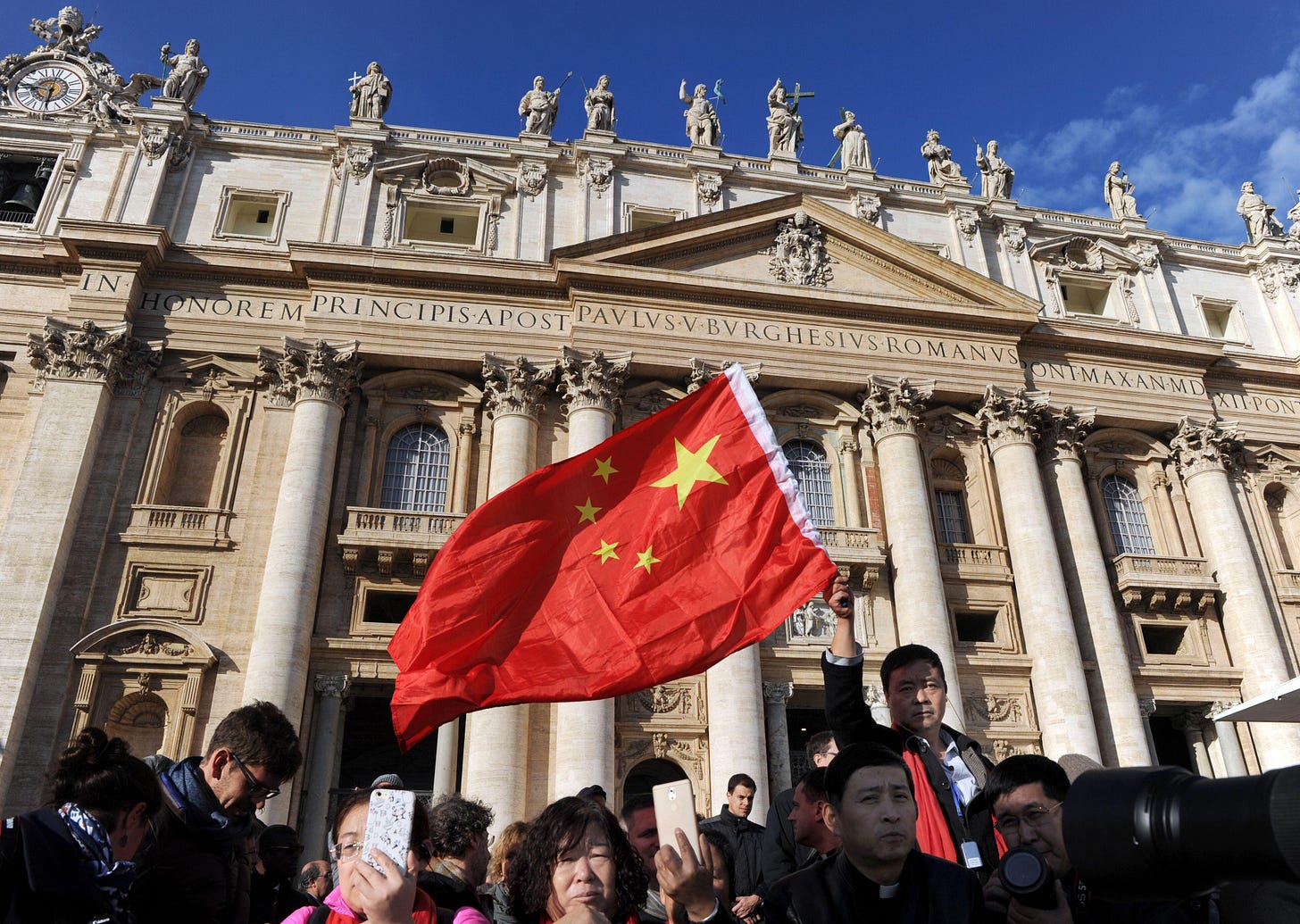Pope Francis praised the progress of Vatican relations with China and predicted the renewal of the controversial deal between the Holy See and Beijing this week, in a newly released Vatican interview.
The agreement has been widely expected to be extended for another two years when it expires later this year.

